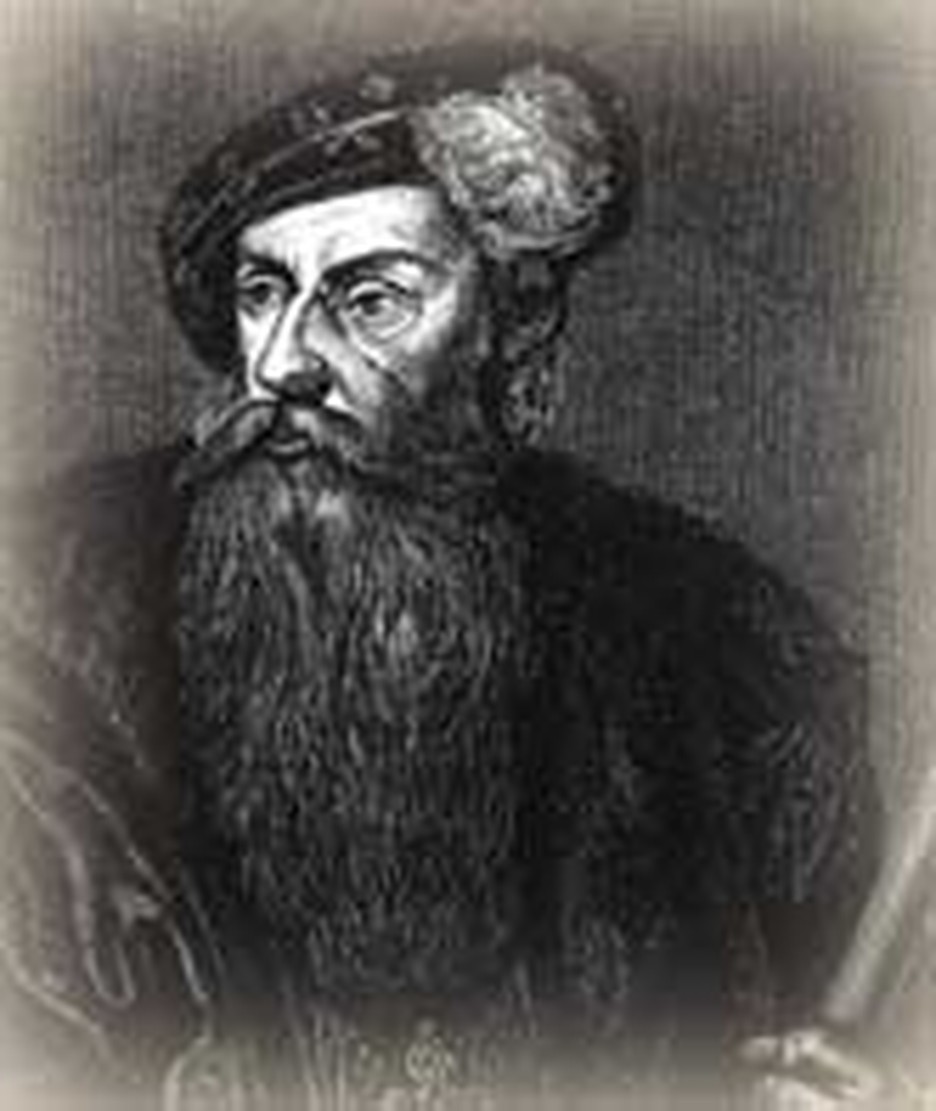
Our unbearable political and economic situation is the fault of the bishops and their huge wealth." Gustav Vasa spoke to the Diet (Parliament) of Sweden. At his command it had assembled in Vesteras on this day, June 24, 1527. The gist of his speech is summed up in those few words. The Roman Church in Sweden would have to give up most of its wealth.
To put more pressure on the Catholics, Gustaf offered to arrange a debate between them and the Lutherans. This was a hint that the established church could be replaced. Hans Brask, the Catholic bishop from Linkoping, spoke for his party. The Catholic Church would not discuss religious matters with the heretics, he said.
Gustav reacted with rage. He renounced all claim to the throne. Under the circumstances, he stormed, how could he govern Sweden? He would step down!
Immediately the Diet panicked. Gustav was all that stood between them and civil war. Who else had the authority to lead the nation? Just a few years earlier, Christian II of Denmark had been their king. Christian was so cruel his own people had booted him out of Denmark.
Sweden had suffered under King Christian, too. With the help of Archbishop Trolle, the king lured eighty nationalistic nobles and two Catholic bishops into his grasp and butchered them. The event is known as the Bloodbath of Stockholm.
Gustav Vasa was a young nobleman who escaped King Christian's net and hid in the countryside. When he heard that his father had been murdered in the Bloodbath, he launched a furious revolt against the Danes. After three years of struggle, he made Sweden an independent country.
Gustav supported the Lutheran reformation. In fact, his speech to the Diet was written by Lutheran sympathizers. (However, he harassed the Lutherans, too, when it suited him.)
Hans Brask saw that the Catholics would have to cut a deal with the king. They agreed to support him politically and financially if only he would leave the Catholic faith and its form of worship (liturgy) alone. Gustav agreed. At that time, most Swedes still favored the Catholic church. However, Vasa forced the church to give him and his noblemen huge amounts of land and money. This is what Gustav had aimed at all along. It meant he now had the funds to run his government.
Gradually Gustav pushed the Catholic Church into a corner. Although Catholics appealed to Rome, the popes could do little to help. Italy was too far away.
After the reformers published the Bible and other books in Swedish, the Swedes came to prefer reformation doctrines. Step by step ther Diet changed the religious rules until the country was Protestant. But the first step was taken in Vesteras this day. Vasa was not strongly religious and yet when he was dying and no longer able to speak, he signaled for pen and paper and wrote these words: "Rather die a hundred times than abandon the gospel."
Bibliography:
- Durant, Will. The Reformation; a history of European Civilization, 1300 - 1564. Part VI of The Story of Civilization. New York: Simon and Schuster, 1957.
- Fletcher, C.R.L. Gustavus Adolphus and the Thirty Years' War. New York: Capricorn, 1963, p.9.
- Ottosen, Knud. A Short History of the Churches of Scandinavia. Arhus: Dept. of Church History, Universitetet, 1986.
- Skarsten, Trygve R. "The Scandinavian Reformation; Ramifications for Lutheran confessional identity," in Let Christ be Christ : theology, ethics & world religions in the two kingdoms : essays in honor of the sixty-fifth birthday of Charles L. Manske; edited by Daniel N. Harmelink. Huntington Beach, California: Tentatio Press, 1999.
- Various encyclopedia and web articles on Gustaf (or Gustav or Gustavus) and on Swedish History.
Last updated May, 2007.








